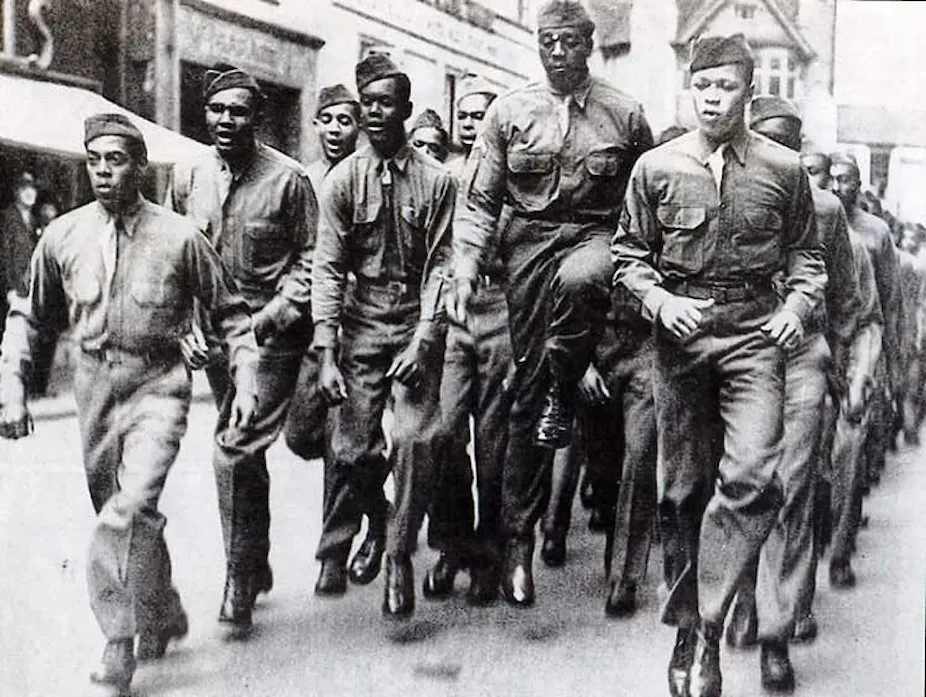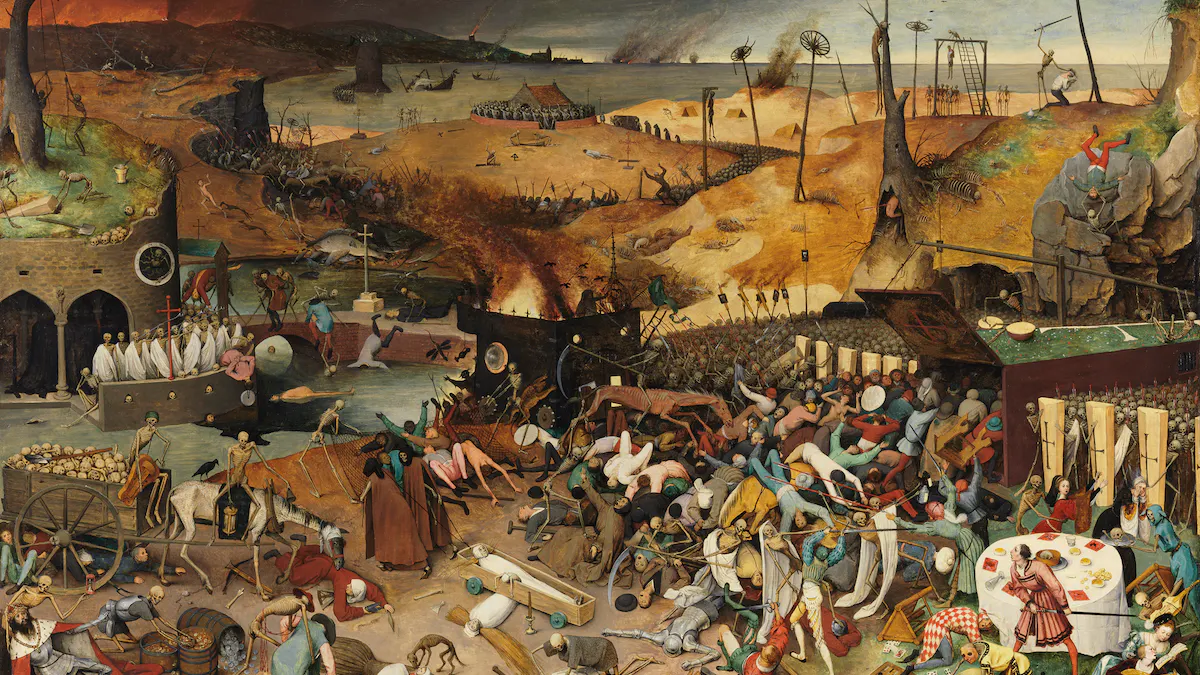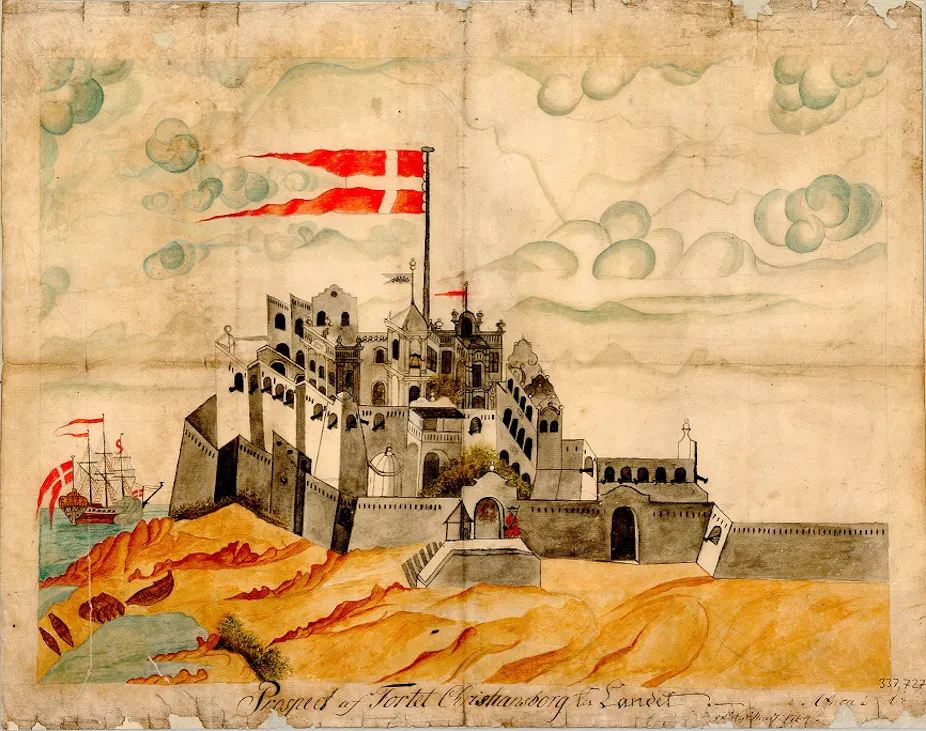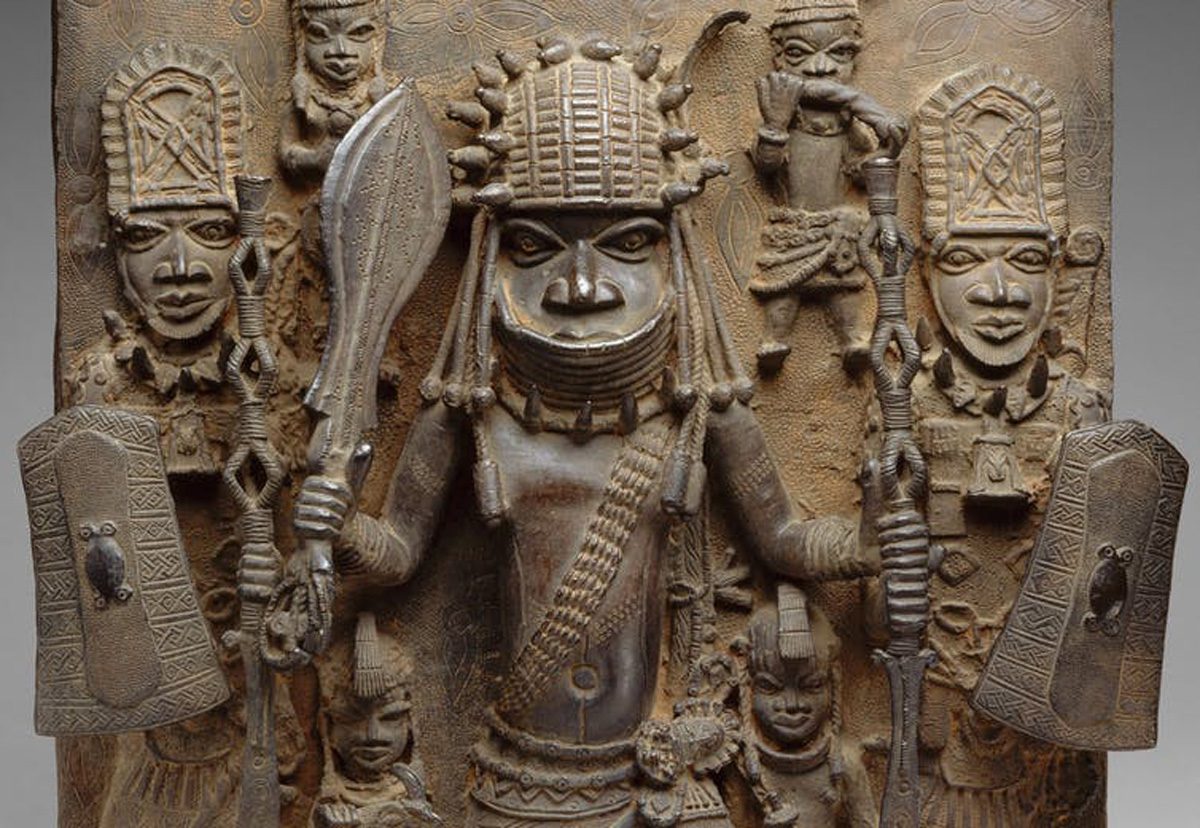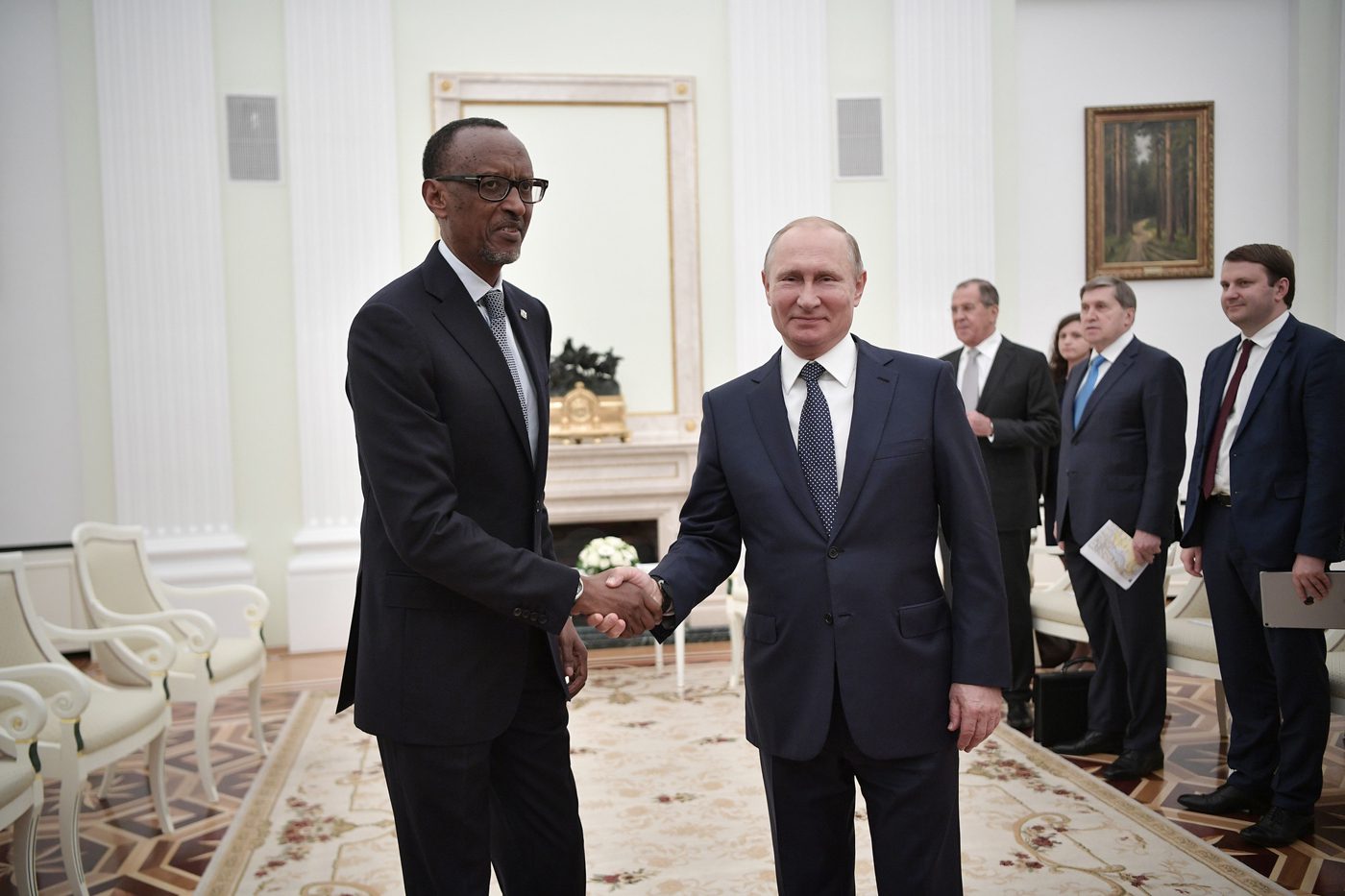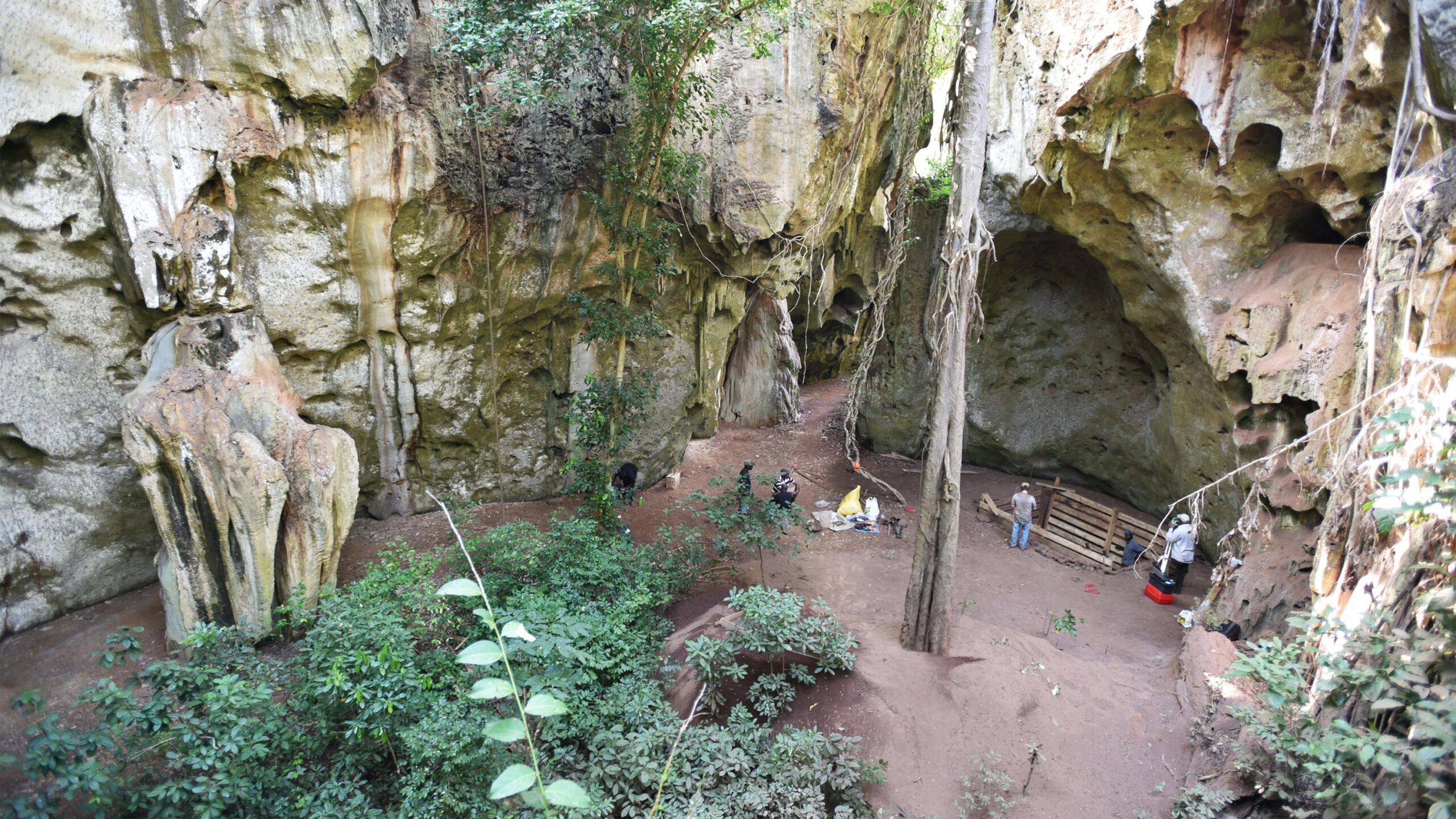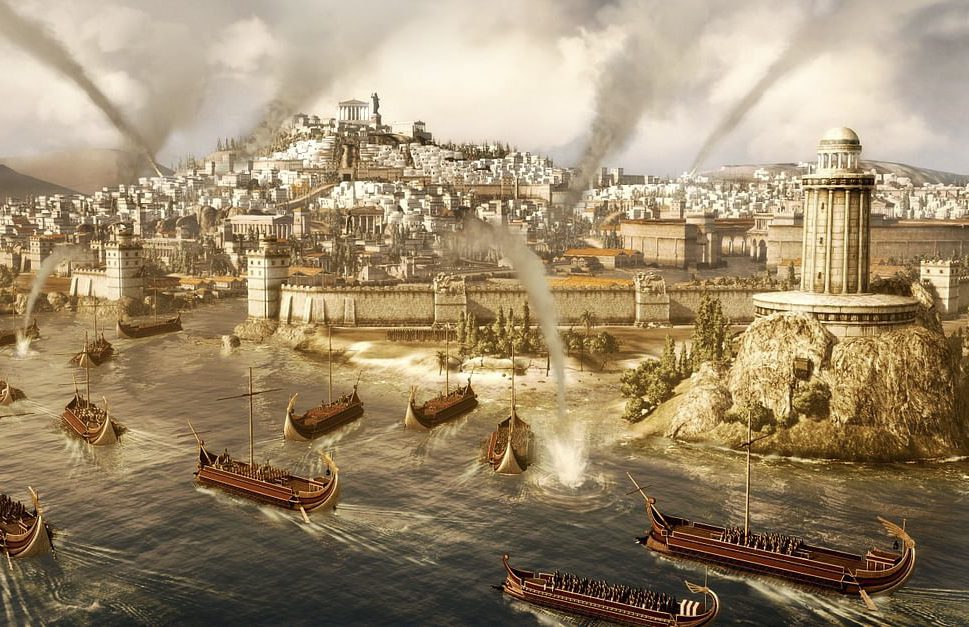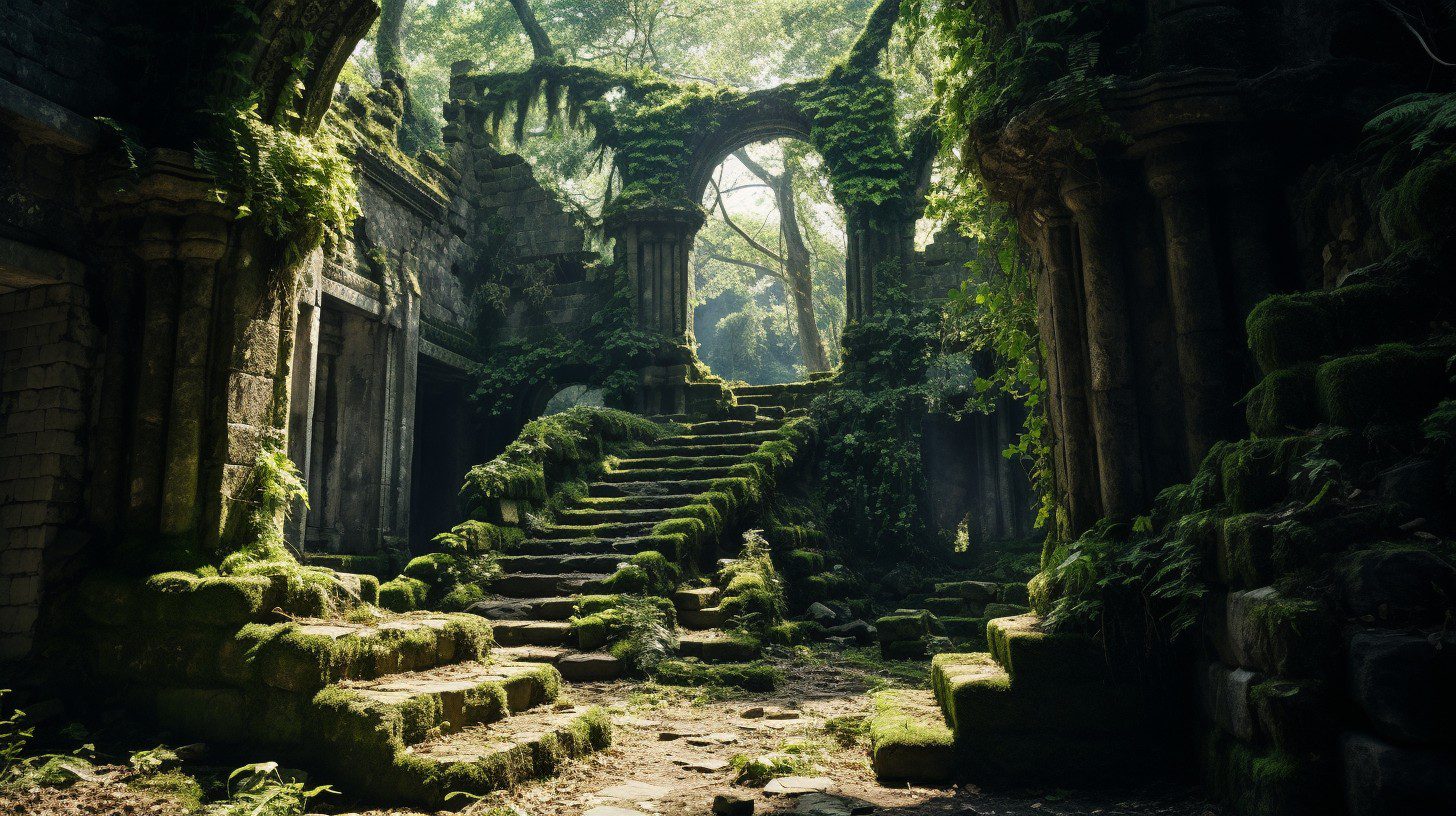
What is Environmental History?
Origins Environmental history is a rather new discipline that came into being during the 1960’s and 1970’s. It was a direct consequence of the growing awareness of worldwide environmental problems such as pollution of water and air by pesticides, depletion of the ozone layer and the enhanced greenhouse effect caused by human activity. In this development […]
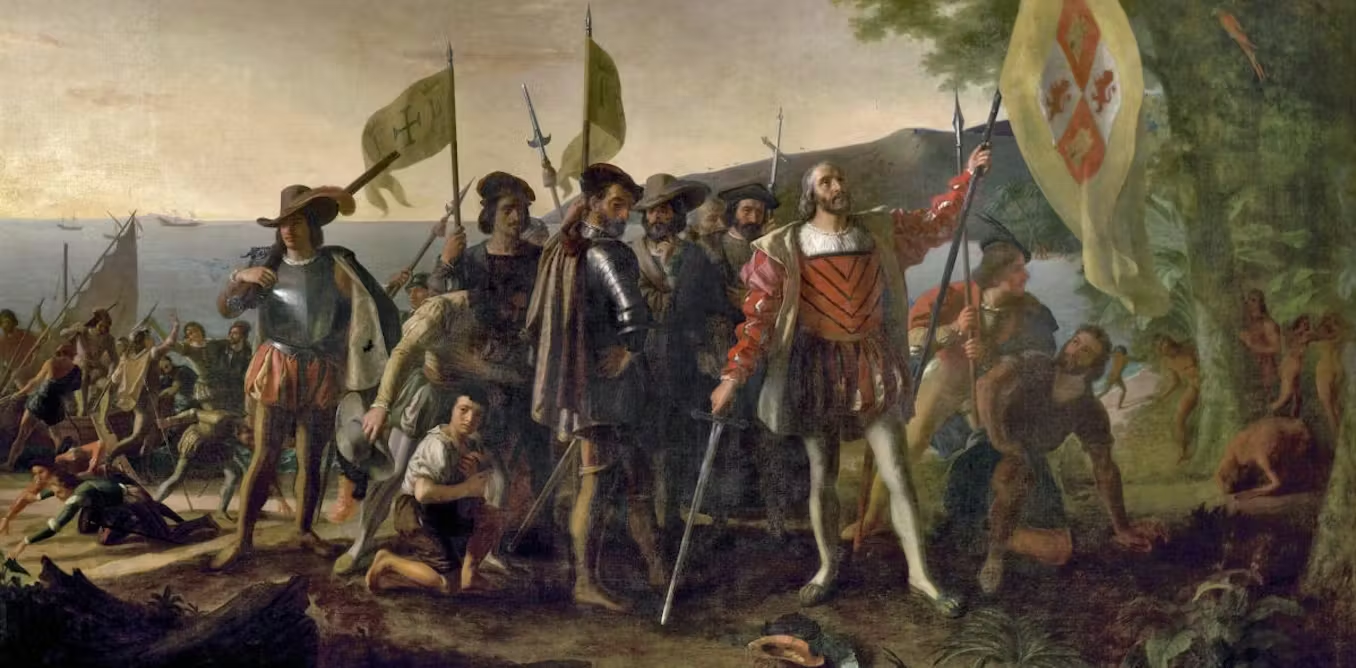
Why the Anthropocene began with European colonisation, mass slavery and the ‘great dying’ of the 16th century
Reading time: 5 minutes
We’ve made enough concrete to cover the entire surface of the Earth in a layer two millimetres thick. Enough plastic has been manufactured to clingfilm it as well. We annually produce 4.8 billion tonnes of our top five crops and 4.8 billion livestock animals. There are 1.4 billion motor vehicles, 2 billion personal computers, and more mobile phones than the 7.8 billion people on Earth.
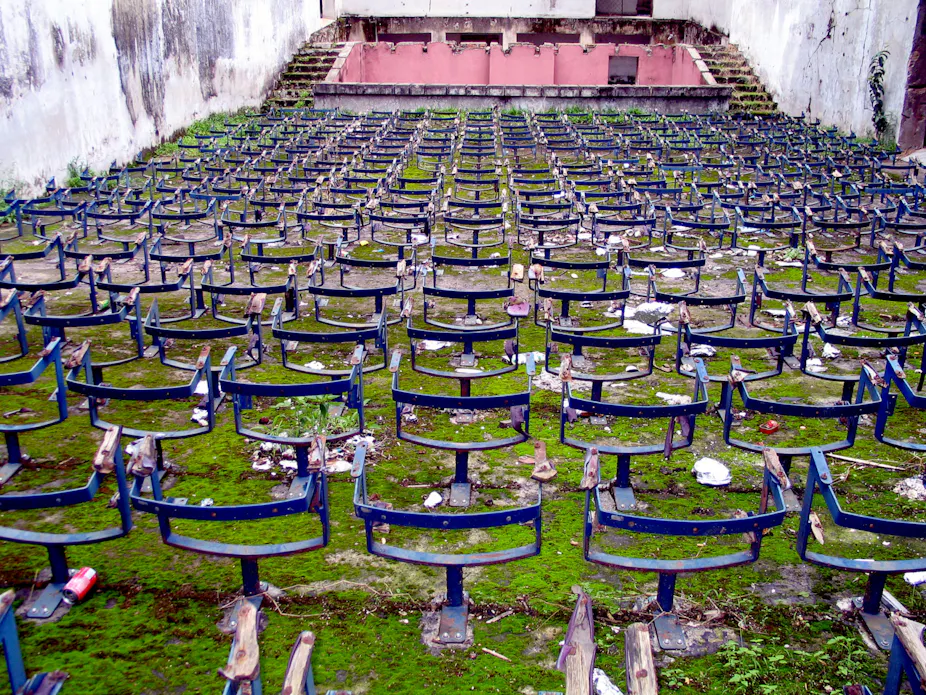
A new narrative unfolds about South Africa’s protracted war in Angola
Reading time: 5 minutes
The book A Far-Away War: Angola 1975 – 1989, about the war waged by apartheid South Africa against its neighbour, has attracted the attention of historians and those who fought in it. More than a quarter of a century after it ended, the war is still remembered by many who were touched by it in one way or other.
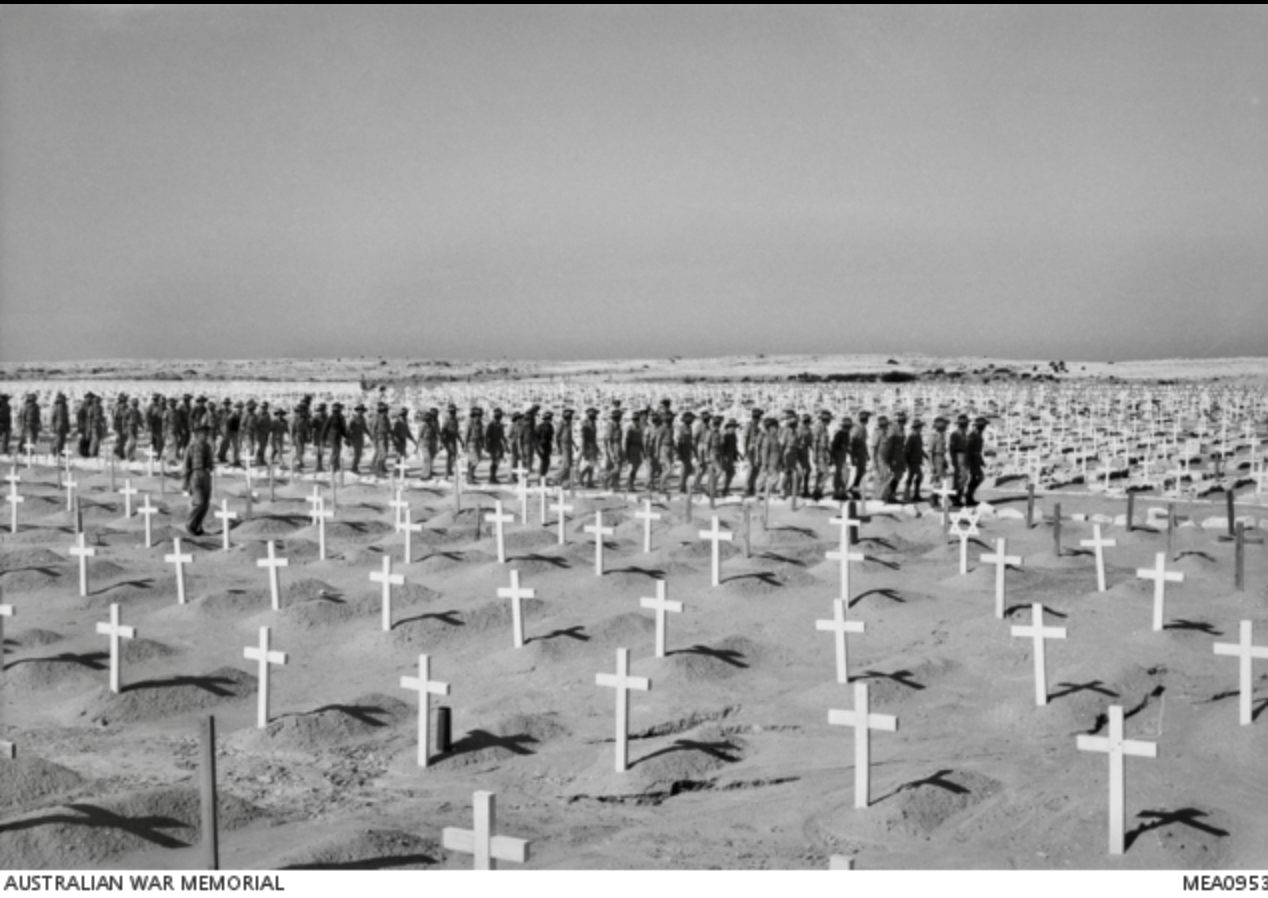
Remember El Alamein
Reading time: 5 minutes
Exactly 75 years ago, Australians dressed in steel helmets and khaki shorts, and often not much else, sat in weapon pits in the Egyptian sun about 120 kilometres west of Alexandria. They were preparing for what history would call the second battle of El Alamein, the great offensive planned by Lieutenant-General Bernard Montgomery. In the summer heat of July 1942, his predecessor, Archibald Wavell, had held the German–Italian drive towards Egypt, a battle in which the 9th Australian Division had played a notable part. Now, after gathering more troops, tanks and guns, Montgomery was ready to launch his Eighth Army against General Erwin Rommel’s Panzer Armée Afrika, a commander and a force admired and respected even by their adversaries.
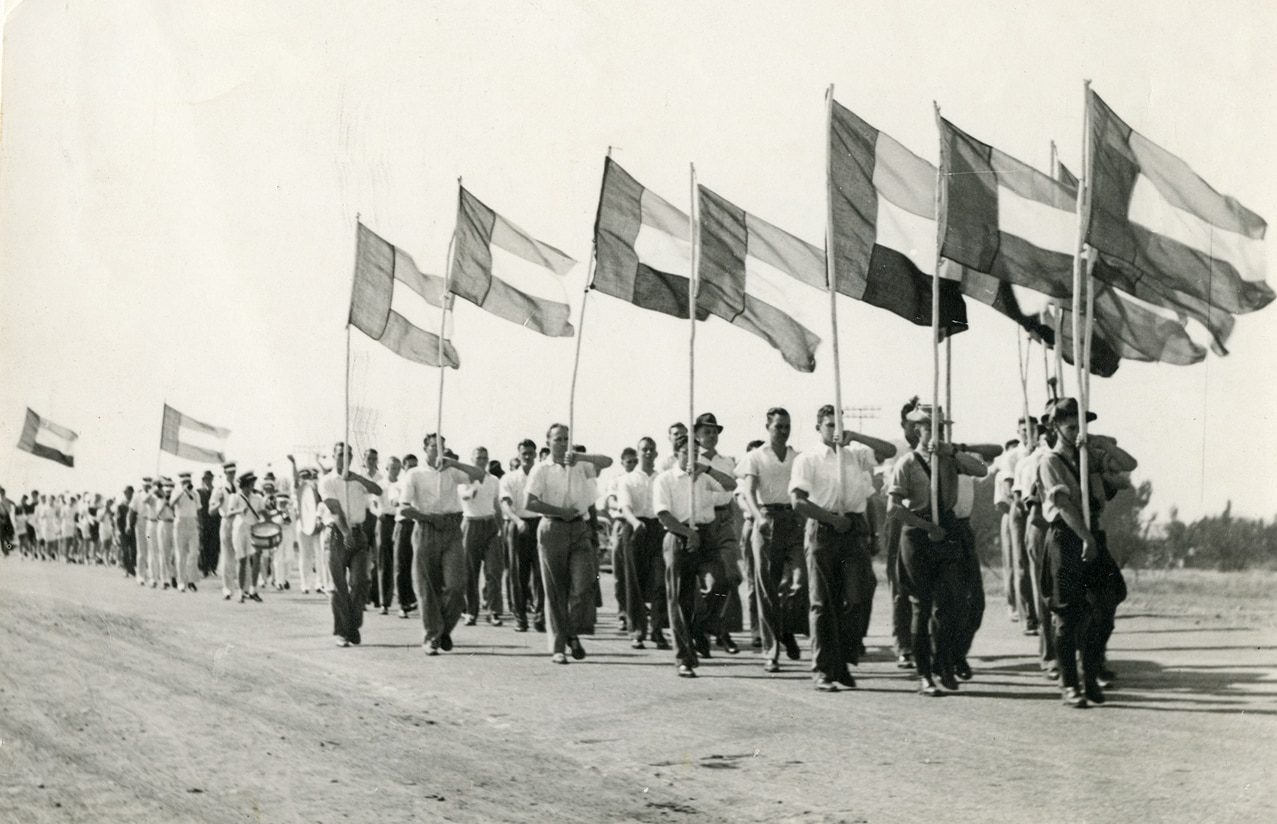
German spies in South Africa during WWII – The enemy within
Reading time: 5 minutes
The story of the intelligence war in South Africa during the Second World War is one of suspense, drama and dogged persistence. South Africa officially joined the war on 6 September 1939 by siding with Britain and the Allies and declaring war on Nazi Germany.
South African historians have largely overlooked the intelligence war, partly because of the apparent paucity of reference sources on it. This lack of attention prompted me to investigate the matter further. The result was my book Hitler’s Spies: Secret Agents and the Intelligence War in South Africa.
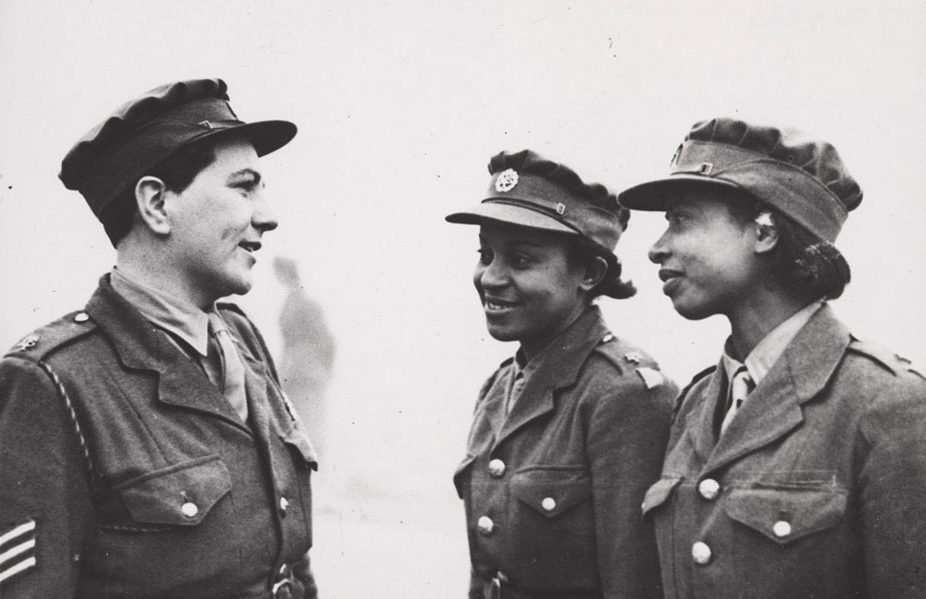
Women in the Second World War: Military service in East Africa
Reading time: 8 minutes
Hundreds of women served with the British Army in East Africa, and their role in the conflict goes largely untold.
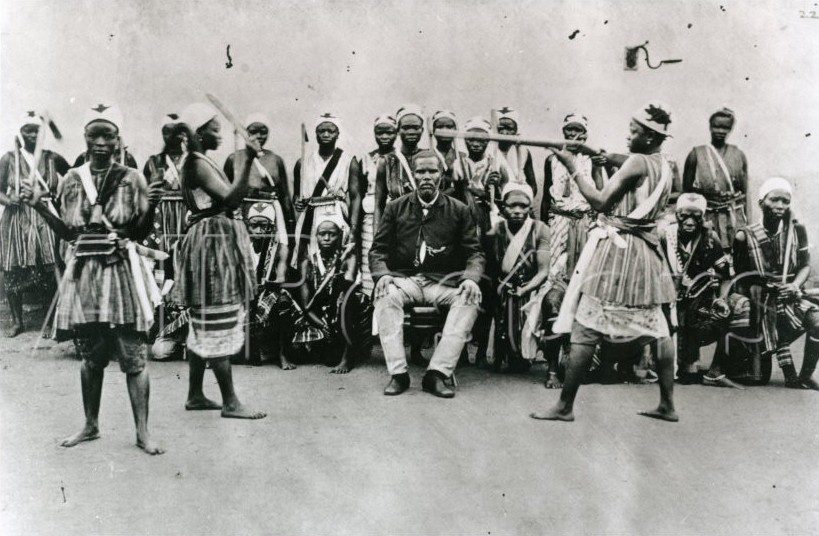
The Woman King is more than an action movie – it shines a light on the women warriors of Benin
Reading time: 6 minutes
The Woman King is a big-budget Hollywood movie that has been anticipated since 2018, when US star Viola Davis was announced as the lead in the story of the “amazons” of Dahomey. Rising South African star Thuso Mbedu also takes a key role in the film, which has premiered at the Toronto International Film Festival and is heading to cinemas worldwide.
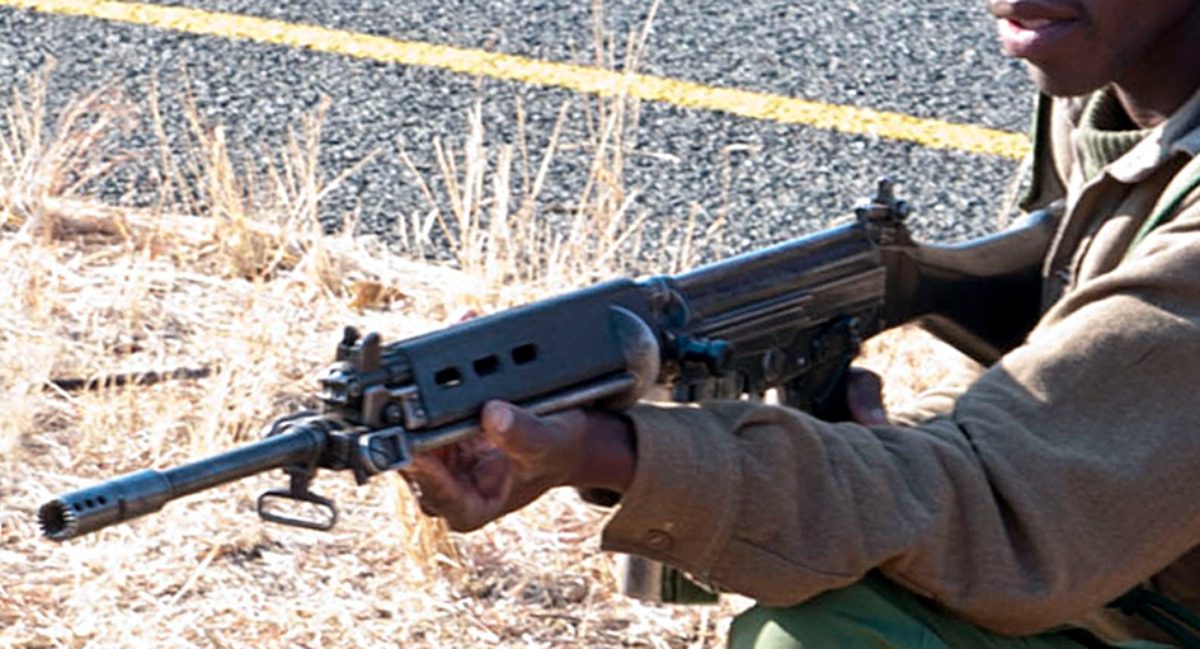
The R1 – South African Bush Rifle
Reading time: 9 minutes
In the wake of the rise of the Soviet Union’s AK-47 and the USA’s litany of rifles during the Cold War, South Africa needed a modern automatic service rifle. After trialling several different guns, the South African government settled on the Belgian FN FAL battle rifle. As a result, the “Rifle R1” was born – the bush gun of Southern Africa.
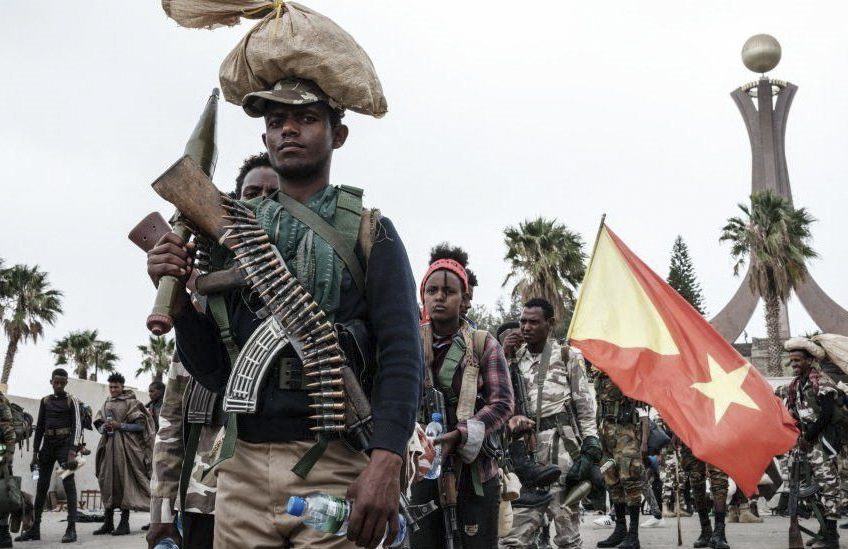
What lies behind the war in Tigray?
Reading time: 7 minutes
At the core of the current war between the Ethiopian central government and the Tigrayan People’s Liberation Front is the realignment of politics and the contest for political hegemony. In my view, it is about Prime Minister Abiy Ahmed allying with the Amhara to destroy Tigrayan power. This is an attempt to consolidate his position and that of his Amhara supporters.
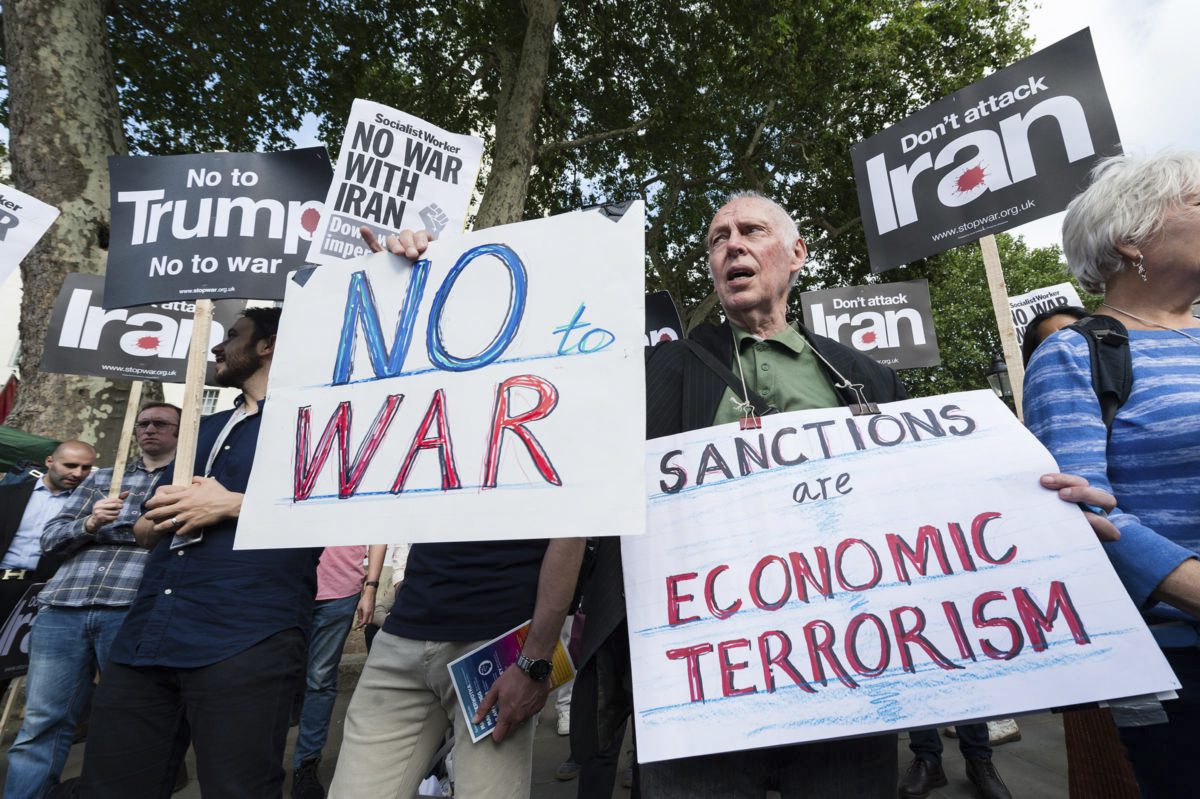
Under what conditions are international sanctions effective?
Reading time: 7 minutes
According to US government data, 32 sanctions regimes are currently in effect. Canada, for its part, currently imposes sanctions on 20 different states and on terrorist groups such as Al Qaeda. The EU is currently implementing sanctions against some 30 countries and international actors. As for the United Nations, since 1966, the Security Council has put in place 30 sanctions regimes, from apartheid South Africa to Gaddafi’s (and according to him) Libya, Saddam Hussein’s Iraq and the Islamic Republic of Iran.
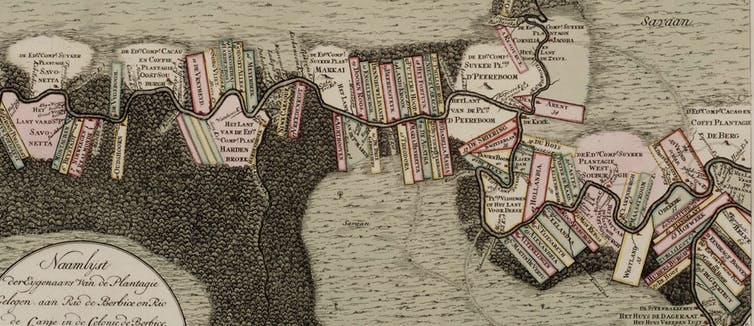
Reckoning with slavery: What a revolt’s archives tell us about who owns the past
Reading time: 6 minutes
During the revolt, former slaves organized a government and controlled most of the colony for almost a year. The Dutch either fled altogether or holed up on a well-fortified sugar plantation near the coast. A regiment of European soldiers sent from neighboring Suriname mutinied and joined the rebels they had come to defeat. But obligated by treaties, indigenous peoples such as Carib and Arawak fought on the side of the Dutch. The revolt ended when the rebels, out of food and arms, were overpowered by enemies who had received an infusion of men and supplies from the Dutch Republic.
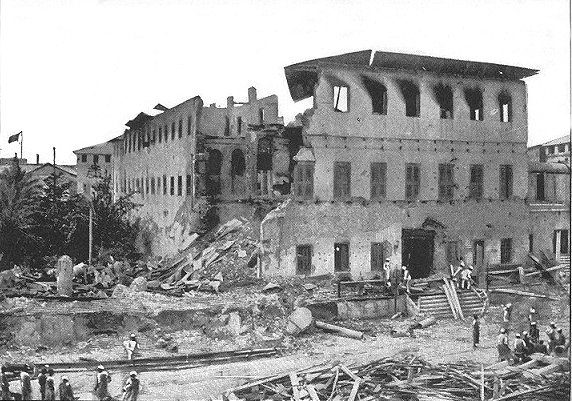
The Anglo-Zanzibar War: The Shortest War in History
The story of the shortest war in history begins with a treaty between colonial powers. In 1890, Britain and Germany signed the Heligoland-Zanzibar treaty which secured spheres of influence in East Africa. Germany was given control of mainland Tanzania, while Zanzibar fell under British control.
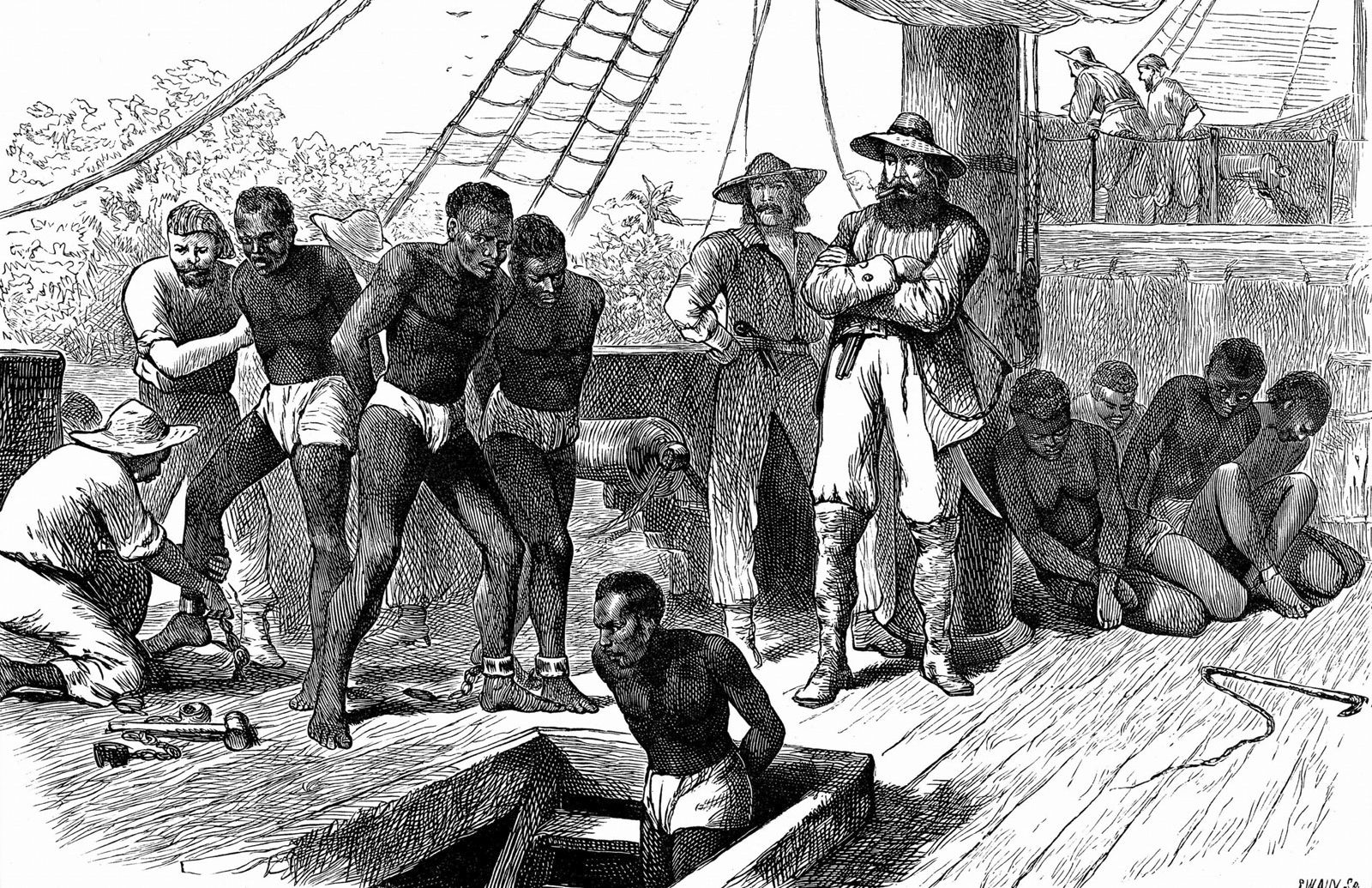
The Suppression of the African Slave Trade to the United States of America, Volume 1 – Audiobook
THE SUPPRESSION OF THE AFRICAN SLAVE TRADE TO THE UNITED STATES OF AMERICA, VOLUME 1 – AUDIOBOOK By W. E. B. Du Bois (1868 – 1963) The question of the suppression of the slave-trade is so intimately connected with the questions as to its rise, the system of American slavery, and the whole colonial policy of […]


